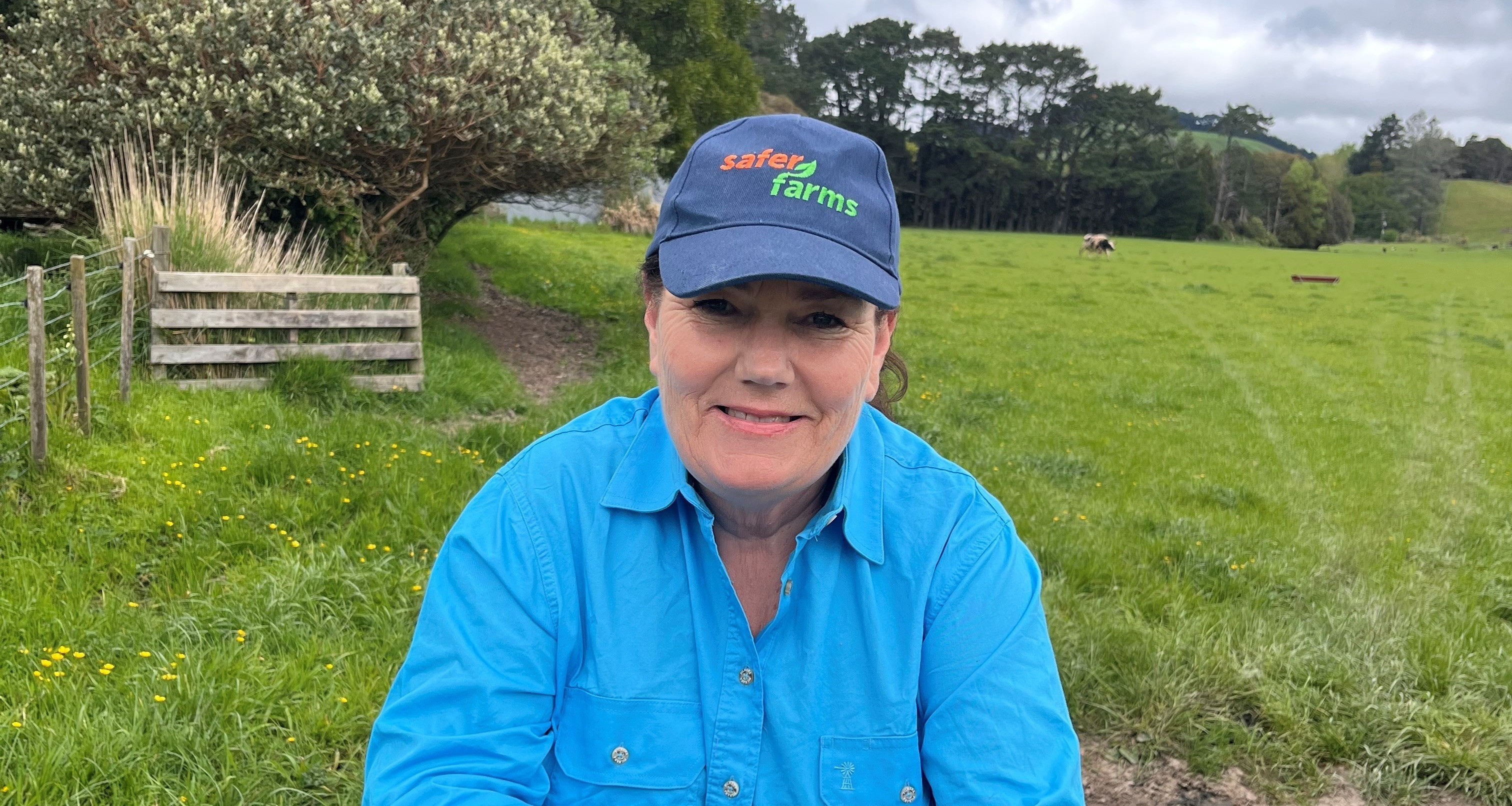Fatigue is like drugs and alcohol. It is harmful to a person’s mental and physical health. It impairs a person’s ability to work safely and effectively. Most organisations have strict alcohol and drug policies and practices in place, with regular and periodic monitoring, together with information, training and instruction to workers on the adverse impacts drugs and alcohol can have on their work.
However, unlike with drugs and alcohol, many organisations are still asleep at the wheel and have not recognised fatigue as a similar workplace hazard.
The primary duty under the HSW Act requires organisations to ensure the health and safety of workers while they are working or at work. The challenge with fatigue is that it usually arises from a combination of factors arising from both work and the activities workers do in their own time outside of work.
Most people would think that what a worker does in their own time is their own business and outside the control or influence of their employer. That might be the case for most, but if what a worker does in their own time affects their ability to work safely and productively, it is something that organisations should wake up to and manage.
Two recent cases have highlighted the responsibility that organisations have in ensuring workers are competent to drive at work. Each case is unique but they share a similar scenario involving deaths while driving and a lack of adequate processes in place to monitor and manage the risks that affect driving, both from within and outside work.
Secondary employment
In March this year, a coroner found that George Weston Foods had inadequate processes in place to effectively manage the risks of driving at work while fatigued after one of its delivery drivers, Perumal Dinakaran, fell asleep at the wheel and crossed into the path of a logging truck.
Mr Dinakaran was working two jobs at the time, as a delivery truck driver in the mornings for George Weston Foods, and as a chef in the evenings. Mr Dinakaran had worked 22 days in a row leading up to the incident, and worked on average 67 hours per week and sometimes up to 87 hours per week.
The Coroner found that George Weston Foods failed to ensure Mr Dinakaran received fatigue management training, failed to enquire into his secondary employment, and did not monitor the total hours he was working as a driver for the company. Changes were put in place by the company after the incident, but they were measures that could have been in place prior to the incident that may have reduced the risks associated with fatigue and driving.
Carpooling to work
In another recent coronial inquiry, two young workers were killed in a crash on their way to a work site 30km away. AWF, a labour hire company, had organised a carpooling system for temporary workers and arranged for one of the workers to drive the other workers.
AWF had the licences of the workers on file but failed to check them because they were not required to drive for the work they were contracted to do. AWF was not prosecuted at the time of the incident as WorkSafe was satisfied sufficient changes were made by the company after the incident: AWF agreed to check driver licencing through Waka Kotahi and to periodically audit their driver licencing system.
The Coroner is still to issue their findings but indicated the matter may be referred back to WorkSafe for further investigation.
Licencing, impairment
It should not be a surprise that organisations have a duty to ensure a worker’s competency and fitness for work. That duty includes having a system in place to check that workers are appropriately licenced and that they are competent and capable of carrying out their duties without impairment, so they and others are not exposed to unnecessary risks.
All organisations that are driving towards health and safety should review their approach to fatigue management, not only to avoid fatal incidents on the road, but to protect and prevent workers’ health from being adversely affected.
Wellington-based Olivia Lund is a partner with Duncan Cotterill.




